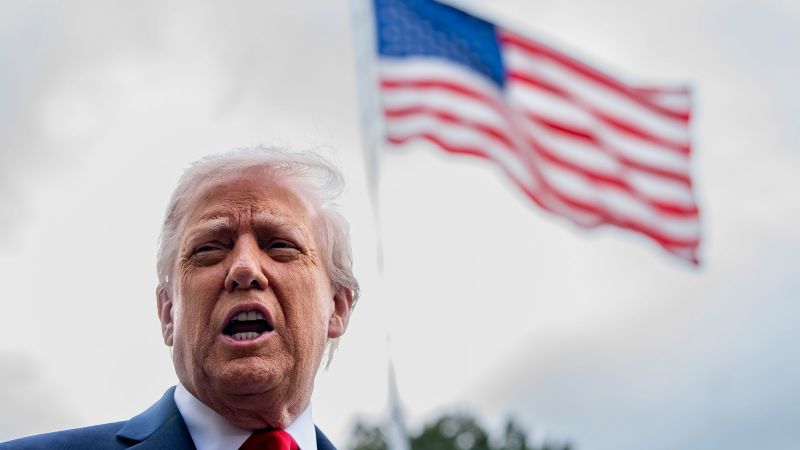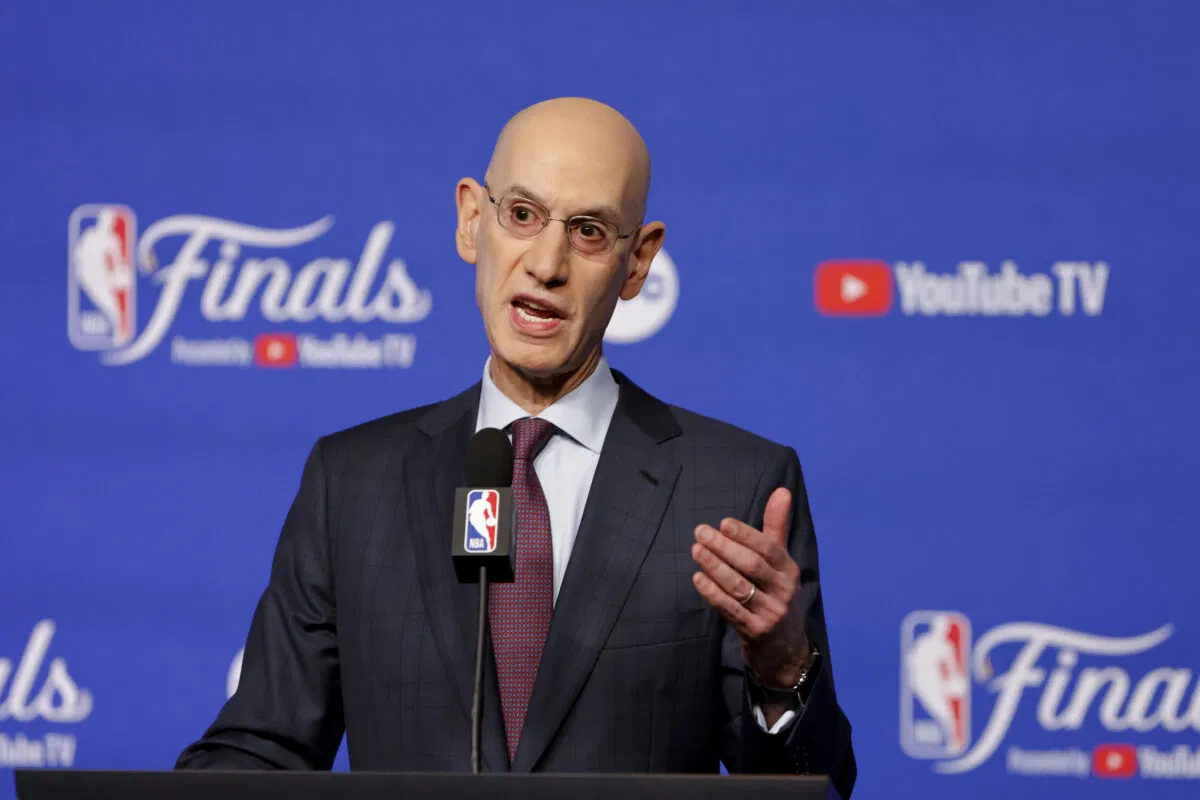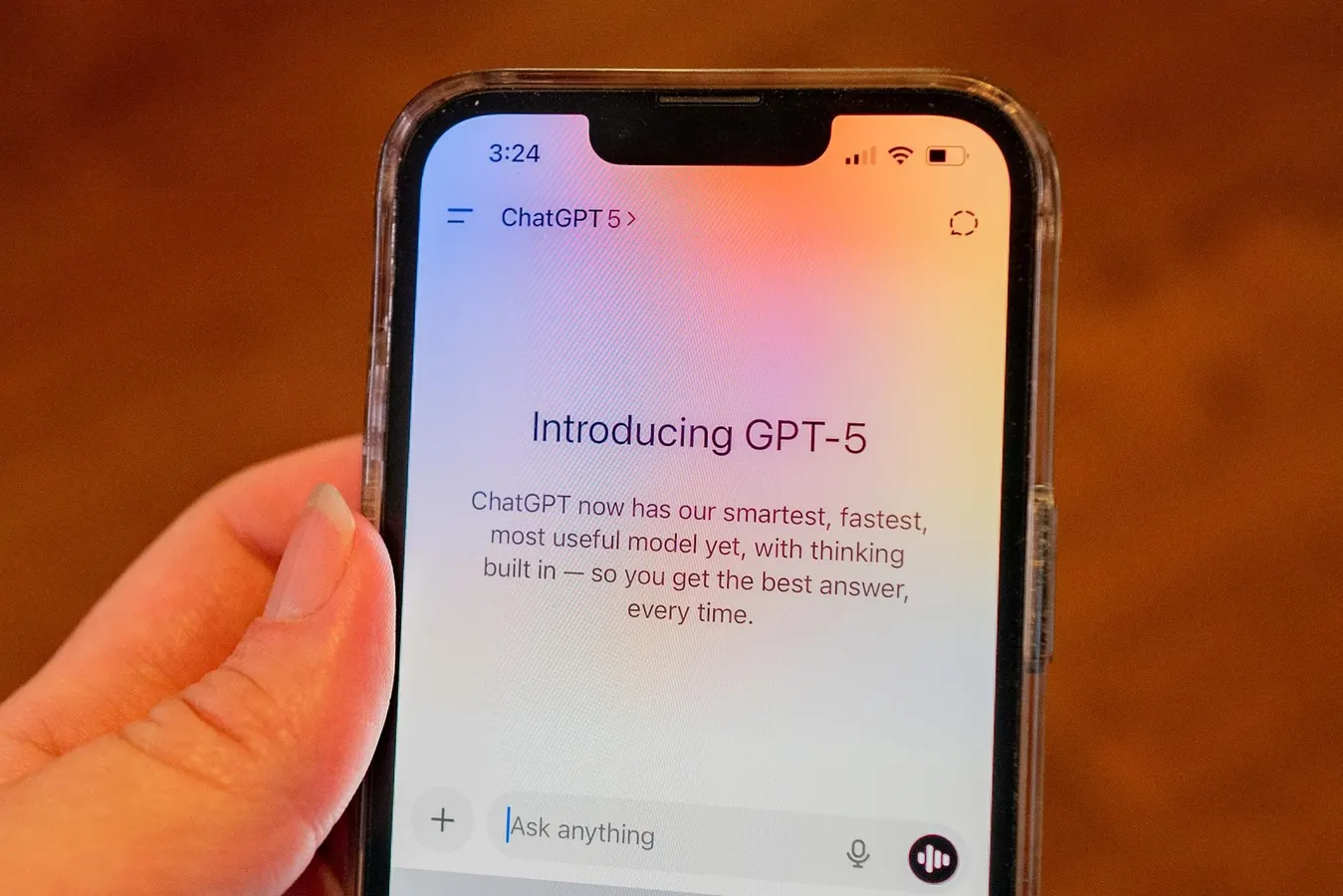
When Elon Musk took control of Twitter in 2022, he famously declared himself a “free speech absolutist.” He reinstated accounts that had been banned for spreading misinformation, violent rhetoric and harassment. If it wasn’t illegal, he signaled, it was fair game.
Musk expressed a very different view this week.
“The path forward is not to mimic the ACLU of the mid 90’s,” White House adviser Stephen Miller posted on X (formerly Twitter), referring to the epitomic free-speech-absolutist organization. “It is to take all necessary and rational steps to save Western Civilization.”
Musk responded with one word: “Yes.”
In other words: Free speech absolutism? Not so much anymore. We’ve got a civilization to preserve.
Musk is hardly alone in this sentiment. As President Donald Trump and his administration have threatened an increasingly harsh crackdown on the political left in the wake of Charlie Kirk’s assassination last week, a growing number of allies have suddenly expressed a narrower view of Americans’ free speech rights.
Yes, they say, they support the First Amendment. But they also suggest the times call for a new approach – one that’s often at odds with their former rhetoric.
The other case in point is Republican Sen. Cynthia Lummis of Wyoming. In an interview with Semafor, Lummis was remarkably blunt about her own sudden recalculation.
“Under normal times, in normal circumstances, I tend to think that the First Amendment should always be sort of the ultimate right,” she said, “and that there should be almost no checks and balances on it.”
Then she added: “I don’t feel that way anymore.”
The Wyoming senator suggested a crackdown on people saying “insane things” and connected it to political violence like Kirk’s assassination.
Just two years ago, Lummis introduced the “Free Speech Protection Act,” which would have barred the government from directing online platforms to censor constitutionally protected speech. “If we let the Biden administration restrict our freedom of speech,” she said at the time, “there is no telling what other sacred freedoms they will come for next.”
Lummis said out loud what plenty of others have suggested. High-profile Trump allies have also downplayed the importance of protecting free speech rights at this moment, suggesting drastic times call for drastic measures.
Attorney General Pam Bondi signaled Monday, in comments she later tried to clarify, that the government would prosecute people for hate speech – this despite the Supreme Court having affirmed over and over again that hate speech is protected.
“There’s free speech, and then there’s hate speech – and there’s no place, especially now, especially after what happened to Charlie, in our society,” Bondi said on a podcast.
She later claimed she didn’t mean to refer to hate speech broadly, but to speech that’s inciting violence.
On Fox News on Thursday, former Trump White House press secretary Kayleigh McEnany said ABC’s suspension of Jimmy Kimmel amid clear pressure from the Trump administration “has nothing to do with the First Amendment.”
“For all the concern about ‘The First Amendment! The First Amendment!’ I mean, they are apoplectic, Jesse,” McEnany told host Jesse Watters. “What about all the amendments that Charlie Kirk lost? Because Charlie Kirk has no amendments right now. None.”
And perhaps most strikingly, Trump suggested Thursday that Kirk himself might suddenly reevaluate his views on free speech if he were alive today.
“Charlie said that there was no such thing as hate speech,” Fox host Martha MacCallum told the president in an interview. She was citing a 2024 Kirk quote in which he said hate speech “does not exist legally in America” and is protected by the First Amendment.
“Yes,” Trump said, before adding: “He might not be saying that now.”
Trump later complained that free speech has come to mean “you’re, like, able to do anything.”
This exchange is particularly remarkable. Kirk’s past comments about free speech are a problem for Trump’s new crackdown. Kirk was a free-speech absolutist, if there ever was one. Many, including some on the right, have argued that what Bondi was saying on Monday and what Trump is trying to do are anathema to Kirk’s views – and it’s all being justified in his name.
And the fact that Trump now feels the need to explain away Kirk’s comments on hate speech suggests he’s headed in a decidedly un-Kirk direction on the issue of free speech.
That’s a shift from where he and his allies had been, even earlier in this term. On Trump’s first day in office, he signed an executive order ostensibly aimed at taking the government out of the speech-policing business. “Government censorship of speech is intolerable in a free society,” it said. Miller, likewise, in 2022 labeled free speech the “cornerstone of democratic self-government” and equated censorship to fascism.
Not all Republicans are toeing the new line, though. Sen. Ted Cruz of Texas on Friday became the strongest GOP critic yet of Federal Communications Commission Chairman Brendan Carr’s role in pressuring ABC to suspend Kimmel.
Cruz called it “dangerous as hell” and “right out of ‘Goodfellas,’” going on to argue Democrats would use that precedent against conservatives when back in power.
“They will silence us,” Cruz added. “They will use this power, and they will use it ruthlessly.”
The increasing question is whether the American people are going to tolerate this sudden downplaying of First Amendment concerns.
It could be a tough sell, including on the right.
A 2022 Siena College poll for the New York Times opinion section showed just 30% of Americans said there is sometimes a need to shut down free speech if it’s “anti-democratic, bigoted or simply untrue.” Just 26% of Republicans took this view.
A Vanderbilt University poll last year showed Americans said 59%-41% that free speech should be unfettered – that it shouldn’t be restricted by content, speaker or subject. And the right was much more likely to take that view; 70% of Republicans and 77% of MAGA Republicans agreed there should be no such restrictions.
Gauging views on speech is difficult, because “free speech absolutism” is rarely truly absolute. Most everyone agrees that things like inciting violence aren’t protected.
But the Trump administration is clearly targeting speech that comes up well shy of that standard. Kimmel’s purported offense was saying something that made it sound like Kirk’s assassin was MAGA. And Trump is talking about stripping the licenses of broadcasters for being too critical of him.
So they’ve set about trying to convince their supporters that the times are extraordinary enough for truly extraordinary measures – like disowning their own high-minded views from the very recent past.



